|
When you’re choosing a professional home stager to work with, you have a lot of decisions to make. There might be a lot of information coming at you—from basics about the importance of staging and the difference between professional and DIY staging to the specifics of costs and timeframes for your project.
You might also see a lot of abbreviations—like CPRES or RESA-PRO—and information about the background that various pros have. This can be overwhelming to take in, and you might have some questions—what do these acronyms stand for, and why do they matter? That’s why we’re here to break down what some of these important terms and designations mean, why they’re important, and how they add value to the staging company you choose to work with. What is Heidi Ross’s background in home staging in Memphis, Germantown, Arlington and the greater Memphis Metro Area? At Heidi Ross Design, Heidi Ross herself is the owner, lead stager, and lead designer. She holds a certification of CPRES, or “Certified Professional Real Estate Stager”. In the home staging business, a stager doesn’t need to be certified—the industry isn’t standardized or regulated—but this certification can help home sellers, Real Estate Professionals, and other tradespeople, build trust with a home stager by demonstrating their dedication to and investment in the real estate staging field. The CPRES certification requires that the stager take a training course and pay a fee with a training company like The Decorating and Staging Academy (The-DSA). This course can help a stager refine the skills and know-how that are so central to home staging and includes highlights like hands-on training and regular program updates mean that professional stagers stay in the loop and on top of the current staging techniques and requirements. But that’s not all—these courses put stagers in touch with industry leaders, teach the marketing strategies that make a successful business, and encourage CPRES pros to continue their education—which means that they keep up with all the latest strategies. Heidi also holds a RESA-PRO designation from the Real Estate Staging Association. This designation requires designees to pass the RESA-PRO Ethics Exam, agree to follow the RESA Code of Ethics, and have been in business for at least a year. These practices make sure that professional stagers know the best possible ways to work with clients and their Real Estate Sales Professionals ensuring that clients can trust the stager they are working with. The Real Estate Staging Association also promotes continuing education by offering courses conducted by accredited training providers. How does Heidi Ross Design fill a need in the Memphis Metro Area? While it might seem that stagers only work one-on-one with clients—assessing the best ways to highlight home features like picture windows or interior finishes with accessorizing and furniture placement, or suggesting home improvements—staging actually has a bigger reach within the communities where stagers work. Heidi has used her designations and experience to teach continuing education courses for Realtors. Her three-hour course was approved by the Tennessee Real Estate Commission (TREC) and by the Memphis Area Association of Realtors (MAAR). These two associations ensure that Real Estate Agents in their local areas are properly licensed and educated about the newest information in the staging field—from laws and ethics to leadership and workplace culture. This course, and courses like it, help Real Estate Agents stay up-to-date and aware of new developments and changes to existing trends and market expectations. Heidi taught this course in the Memphis area twice a year, averaging about 75 to 100 agents enrolled in each course. This outreach helps to keep the field as good as it can be. After the coronavirus pandemic disrupted the scheduled class offerings, Heidi is currently evaluating even more options on how to best contribute to the education of professionals in the real estate field in Memphis and the greater Memphis Metro Area. I’m ready to get started staging my house for sale—what are my next steps? At Heidi Ross Design, our team of local home stagers is here to help you every step of the way as you prepare to sell your home. We help clients in Memphis, Germantown, Collierville, and the Greater Memphis area stage their luxury homes to get their best sale terms. We use our skills in home stage design, understanding of the local home sales market, and our knowledge of the real estate field, to help you as you take this next step. Best of all, we look forward to working with you and your Real Estate Sales Professional as you proceed forward to get your home SOLD. Lastly, we offer a FREE quote—so you can have all the information you need to make an informed decision and its commitment free. There is also lots of FREE high value resource information located in our website blog post library. When you’re ready to get started, give us a call at (901) 361-7419 or use our online contact form to get started staging your home for sale. **Disclaimer** Please be advised that all content, including Blog articles, on the website https://www.heidirossdesign.com is for INFORMATIONAL PURPOSES ONLY. THE INFORMATION INCLUDED IN OR AVAILABLE THROUGH THE SITE MAY INCLUDE INACCURACIES OR TYPOGRAPHICAL ERRORS. No guarantees are made and the use of the website, content, and any information provided is to be used at your own risk.
2 Comments
If you’re getting ready to sell your home, and are starting to wonder, “how can I get help staging my home for sale?'', you might have contacted a professional home stager like Heidi Ross Design in the greater Memphis area—and if you did, you’ve made a great decision. While it is possible to stage a home yourself, a professional has the skills, training, and experience in staging houses for real estate that can help get your home sold fast and for your ideal terms.
You might have some questions about the professional practices that stagers use in home stage design and marketing. If staging is new to you, you may have some concerns about the ethics of home staging, and wonder if it’s more smoke and mirrors than anything else. But you’ll be relieved to find that this isn’t the case at all – home stagers have many skills, and among them is the know-how to stage a home so it looks its best, but also doesn’t present anything deceiving or untrue. How can you know if you’re working with a stager who uses the best staging practices (and best virtual staging practices)? A good first sign is when your stager—like Heidi Ross at Heidi Ross Design—is a certified Professional Real Estate Stager with a RESA-PRO (Real Estate Staging Association Professional) designation. This accreditation involves education in the best practices of staging—professionals are committed to a high level of ethics and to continuing their knowledge of the field. What are some of the practices important to a professional stager? Here, we’ll break down just some of them—and how you will see them at work when staging your home. 1. Act with Integrity Professional stagers act with integrity and respect—for coworkers, competitors, clients, and others. That can mean a range of things, from treating others with courtesy to using ethical business practices. A professional won’t make promises they can’t follow through on—such as guarantees about outcomes—won’t take on a project they won’t be able to complete, and will commit to being up-front with the clients and providing them with all the information they need to make the best choices. But most importantly, staging is not a “bait and switch” strategy. While the goal of staging is to minimize the negative and maximize the positive features in a home, staging is NOT a plan to hide problems or issues with a home (such as excessive wear and tear, maintenance issues, or neglect) that may be present. These items should be tended to PRIOR to staging, and it is dishonest to stage over them in attempts to disguise their existence. More on that topic later... 2. Educate Clients and Get Them Involved Being up-front with clients necessitates getting them involved—and that might mean some education on the staging process. A professional keeps clients in the loop and works closely with them—this can range from offering information about staging to emphasizing the importance of depersonalizing and deep-cleaning the home. While it might not be a client’s favorite thing to hear that a beloved bright-colored room should to be painted before it can be staged, or that a clean house needs an even more thorough cleaning, but that’s part of the integrity and commitment to client education that staging professionals bring to the table along with their practical experience and know-how. 3. Use Interior Design Best Practices to Help the Space and Clients A professional stagers practical experience and know-how can take the form of knowledge of interior design best practices, such as the use of strategic mirrors when staging a small house to show off beautiful light, or using carefully chosen furniture and accessories to showcase how an awkward space could become a breakfast nook, small library, or a small home office. This can apply to virtual staging, too—a professional will know how to take photos that show off the full power of a room. A professional’s best practices when staging continue to involve integrity and client education, too. The stager will recommend you which repairs or updates should be made to help your home appeal to the right target market. And a pro won’t hide, disguise, or try to cover up any remaining issues with the house. Painting over damage from an unrepaired leak isn’t what staging is about—a stager will help a potential buyer to see the great potential in a home but also remain honest with the seller about potential downfalls of deferred maintenance. How can Heidi Ross Design help me? At Heidi Ross Design, our professionals help clients in the Greater Memphis area (including Germantown, Collierville, Olive Branch, and more) stage luxury homes while supporting them to sell for the best terms bearable in their specific market location. We know the best practices that will help your home sell—and promote peace of mind for you and for your potential buyers. Best of all, we offer a no-commitment FREE quote that helps you gather the information you need before you make a choice about which professional stagers you will work with. If you have contacted a Real Estate Professional to sell your home, it's also time to contact Heidi Ross Design for your Free Home Staging Consultation and quote. Use our online form or give us a call today (901) 361-7419. **Disclaimer** Please be advised that all content, including Blog articles, on the website https://www.heidirossdesign.com is for INFORMATIONAL PURPOSES ONLY. THE INFORMATION INCLUDED IN OR AVAILABLE THROUGH THE SITE MAY INCLUDE INACCURACIES OR TYPOGRAPHICAL ERRORS. No guarantees are made and the use of the website, content, and any information provided is to be used at your own risk. Staging can cut down on the amount of time that your home sits on the market—staged homes sell about 87% faster on average compared to unstaged homes. This is just one of the amazing benefits of staging, and one that can help you get your ideal sale terms. But it can also lead to some common misconceptions about how long you need to keep your home staged. While many people naturally assume that as soon as you get a contract and your home goes off the market, it’s time to take down the staging, this isn’t the case. In fact, it’s recommended to leave your home staged until closing—and definitely through many of the major milestones that occur between getting that purchase contract you and your real estate professional worked so hard to acquire and the final sale. How long do you need to leave your home staged, then? That depends on the timeframe of your sale, and how quickly some events—like the inspection, appraisal, and final walk through—occur. Here, we’ll break down the importance of leaving your home staged through the duration of these events, and let you know how Heidi Ross Design can help. #1 – The Home Inspection and Appraisal After your real estate professional presents you with a sale offer on your home, it might feel like the most important part of the sale process is done—but this isn’t always the case. A home appraisal and final inspection help solidify and confirm the sale. While timelines will vary, it’s common for an inspection to occur within seven to ten days of accepting a buyer's offer, and it’s important to leave staging in place. That’s because staging helps to support the value of your home. Staging is a great way to show off your home’s best features—so when staging a small house, you won’t be able to let anyone think the house is smaller than really it is, but will be able to highlight beautiful windows, show off its best virtues like maybe a modern kitchen, a stunning view, or any other feature that adds value to your home and makes it look and feel spacious. Emphasizing these can help you to get an appraisal that represents the best value that you know is there and just waiting to be captured, and help reinforce to the buyer the true value they’re getting. #2 – The Contract and Financial Approval As banks or other sources work out lending paperwork with the buyer, it’s important to remember that things can go wrong. If money fails to be sourced or approved for the buyer or something in the inspection report or appraisal makes it impossible for you or the buyer to continue on with the sale, you can find yourself with your home back on the market. This means that if you’ve taken your staging materials down during this period, which often takes a few weeks, you can find that you either have to sell an unstaged home—which takes longer to do—or pay to have your home re-staged, which can slow the process even more. While you might worry about staging prices and the hassle of leaving staging in place, it’s cheaper than having to re-stage your home...it's best practice and a better idea to leave it in place until closer to closing. #3 – The Final Walkthrough Buying a home is an emotional decision. While it might feel frustrating to leave your home staged for the whole duration of the sale contingencies—which sometimes run 30 – 45 days – this is an important measure to take. When buyers tour your home, they feel a connection and make the decision to make an offer—and buyers’ remorse, or cold feet, can occur if buyers lose their connection to a home. This is something that can happen if staging is removed and the buyers have another home tour with additional family or their decorator and find themselves walking through a bare room and can no longer envision their lives in the space—which might lead to backing out of the sale and you’re left scrambling to find a new buyer and re-staging the home. Even photos or virtual staging available for the buyers to see doesn’t replace the home they can see in-person as they take that final walk-through. Leaving staging in place can help them to maintain their feelings and connection to the space, and help you retain your ideal terms throughout the sale process. Where can I find professional staging for sale near me? If you’re looking for local home stagers in Memphis and the Greater Mid-South area—including Germantown, Collierville, Olive Branch, and Hernando— Heidi Ross Design is here to help. Our professionals have the experience and know-how to guide you through the home staging process—whether you’re wondering where to start or debating how long to leave your home staged. Best of all? We have a commitment-free FREE quote that can help you understand the staging process as you and your real estate professional get ready to sell your vacant or occupied home. For answers to common questions about home staging check our FAQ page. Give us a call at (901) 361-7419 to get started today! **Disclaimer** Please be advised that all content, including Blog articles, on the website https://www.heidirossdesign.com is for INFORMATIONAL PURPOSES ONLY. THE INFORMATION INCLUDED IN OR AVAILABLE THROUGH THE SITE MAY INCLUDE INACCURACIES OR TYPOGRAPHICAL ERRORS. No guarantees are made and the use of the website, content, and any information provided is to be used at your own risk. At Heidi Ross Design, we help clients to understand how home staging has a lot of power in shaping how potential buyers perceive space within your home. When a buyer walks into a home crowded with personal effects, with the clutter of everyday life—like keys, shoes, and coats—spread around, they might feel that the space is small, dim, and not a place they can envision themselves living. But the same space with a light paint color, a few thoughtfully chosen accessories, and a careful paring down and clearing away of those everyday items can seem airy, bright, and inviting—and can let the potential buyer envision their own life being lived in the home.
Home staging is also a powerful tool to sell your home—but that doesn’t mean it’s a cure-all. Here, we’ll break down what home staging can’t do, and what is best to take care of or think through before trying to stage and sell your home. 1. Home staging cannot replace thorough cleaning. When you’re trying to sell your home, one of the most important things you can do is ensure that every inch is spotlessly clean. Buyers want to see a space that looks well-cared for and new (or as close to new as possible) —and cat/dog fur or dust can make even the cleanest house look worn out. This is something that no amount of new paint or carefully selected décor can change. Before staging, ensure that you get the home extremely clean, and keep this up while the home is being sold. Removing odors can be an important step, too—clean up any pet smell, and try light, refreshing, natural scents, or even an open window to help the potential buyer feel clean and clear. 2. Home staging cannot change location or make an unrealistic price tag possible. While it seems self-evident, this is something big to keep in mind. Home staging can help to increase a home's value, but it can’t help you to achieve an unrealistic price for your home. A too-high price tag can scare buyers off—and a price that drops as the house sits on the market can continue to scare them away as well. And the target market for your house depends on location. For example, trendy areas near nightlife might appeal to younger professionals—neighborhoods made up of young families in good school districts will attract a different potential buyer. Staging won’t be able to change someone’s mind if the area doesn’t meet their needs—but it can help you to appeal to your target market through design choices. Modern kitchen staging, with light walls and a bar area, might appeal to younger couples, while a traditional style with an eat-in kitchen area might appeal to an older or extended family. 3. Home staging cannot hide or disguise major flaws, and can’t replace necessary updates and repairs. Home staging helps a buyer to see the best features of your home. Staging a small kitchen can help them to envision how the space could best be put to use, and staging a small house can help them envision how good features—like large windows or a beautiful fireplace—would make the home right for their family. But home staging is not meant to cover up, disguise, or hide major flaws—and it can’t make buyers forget about big deal-breaking issues like significant deferred maintenance or holes in walls. Big issues—like problems with the wiring, roof, plumbing, or HVAC—need to be fixed before the home is listed or staged, or presented to the buyer as issues that are folded into the sale. The buyer who wants to take on home projects is different from the buyer who wants to move into a move-in home, and home staging won’t be able to make a buyer forget about dated rooms or major mechanical problems. Before you get ready to sell, do your best to complete renovations and updates that are recommended by your professional stager. Paint, updated lighting, and new hardware can go a long way towards helping your potential buyer see your home’s best value, and doing larger-value renovations—like bathroom renovations, basement finishing, new flooring, or a new roof, if you expect these to be issues during the sale—can help you and your real estate agent/professional get your best sale terms. Where can I find home staging near me? At Heidi Ross Design, we help clients in Memphis, Germantown, Olive Branch, and the Greater Memphis area get their best terms when selling their luxury homes. Our expertise and experience mean we can help you throughout the process when you need the best in-person viewing and best virtual staging support. Want to learn more? Use our online form for a FREE quote, or give us a call at (901) 361-7419. **Disclaimer** Please be advised that all content, including Blog articles, on the website https://www.heidirossdesign.com is for INFORMATIONAL PURPOSES ONLY. THE INFORMATION INCLUDED IN OR AVAILABLE THROUGH THE SITE MAY INCLUDE INACCURACIES OR TYPOGRAPHICAL ERRORS. No guarantees are made and the use of the website, content, and any information provided is to be used at your own risk. A home staging consultation has many benefits: this value packed conversation with Heidi Ross Design or your local home stagers helps you to see your home through a potential buyer’s eyes. But if you’re getting ready for your home staging consultation, you might be wondering about the details, too—what exactly will this meeting be like? Here, we’ll break down how a home staging consultation runs and what you can do before and after to get your home ready for listing with a real estate professional.
If you’ve been thinking, "I’m ready to get started staging my house for sale", you’ve made a great choice—putting down the money up front to have your home professionally staged has a huge return on investment, and can help you get your best sale, no matter what your sale priorities are and what this means for you. But maybe you still have a few questions about what comes next—what comes between making the first call to a professional stager and getting your dream sale?
When you’re selling your home, the process can be exciting. Getting that offer and a sale contract in place can feel like the end of a long, tiring journey. With all the hard work you’ve put into your home finally paying off, you might feel ready to pack up and clear out right away.
One of the steps you might be ready to take is removing any furniture or artwork that your home stager brought in. After all, the contract is already created and your buyers already like the house—why keep paying for staging and going to the trouble of keeping items in place when you could be on to packing up and preparing for a new life? It might be worth waiting before you remove those home staging items and not move so quickly. Here, we’ll break down why this is—and how Heidi Ross Design can help get your home staged and ready for sale. How long should I leave professional staging in place? The answer to this question might depend on the advice you get from your stager, but normally staging should remain in place while you work with your real estate broker throughout the entire home sale process and until you “close” on the sale contract. This might mean that staging stays in place until just a few days before closing and sometimes even until the day before you sign the sale papers. But the buyer already likes the home! Why should I keep staging in place? It might seem excessive to leave staging in place after the buyer has already made an offer on the home. Staging costs money and moving can be expensive—but it might actually turn out to be more expensive to risk de-staging too early. There are a few things to take into consideration before you decide to de-stage your home. First, remember that choosing to make an offer on a home is an emotional decision. When potential buyers walk into a staged home, the staging creates a certain mood that helps them to imagine themselves and their lives happening in that space. If the buyers return to the home later in the contract process to vacant rooms—which can look smaller and less welcoming without the furniture—they might feel differently about the space and start to rethink their decision to buy the home. This might make them change their minds on aspects of the house that staging helped them to like—so that bedroom with the beautiful windows might suddenly seem glaringly small, or that repair or small renovation project that they need to undertake after the purchase, might seem less worth the time and inconvenience. Staging helps the buyer maintain their connection to the home and ensures that they will see the same things as they saw them before and continue to see themselves living there. This supports the home’s value in their minds and reminds them how important it is to own the home. And consider the possibility that an offer might fall through for other reasons during the sale process—considerations, inspection, and appraisal. Keeping staging in place during all the normal sale processes gives added security to the seller while they work with their real estate agent during the sale process. Staging ensures the value of the home is maintained during the time needed to work through these and any other issues that can come up while selling a home—from the beginning of the home sale process to the buyer's final walk-through-- a lot can happen during this time. If you de-stage too early and the contract falls through, you might find yourself in the situation of having a now “empty home” and needing to put it back on the market. Staged homes statistically show to sell faster and for more profit than un-staged or vacant homes. A staged home also shows buyers the strong points of the home's livability. It also says that the seller really cares about their home's value and sale. Keeping your home staged until it’s sold is a good investment and far cheaper than having to stage your home again if a sale falls apart. Where can I get help with staging for sale near me? At Heidi Ross Design, we help clients in the Greater Mid-South sell their luxury homes and get that win-win sale for both buyer and seller. Our experts have the experience and skills to stage occupied or vacant homes so that the best features and potential are on display—and we have the knowledge to help you with tricky decisions like when to take away any staging materials or how many rooms to stage. With our processional advice and staging, your home will look great in virtual tours too—when you want your home to look its best we also deliver powerful results for virtual video tours and listing photos. Ready to get started and learn more about how we can help you with your home staging? We offer a FREE quote that lets you know more about staging prices and virtual staging cost ranges. A Heidi Ross Design specialist can be reached at (901) 361-7419 for all of your home staging needs in Memphis, Germantown, and Collierville. **Disclaimer** Please be advised that all content, including Blog articles, on the website https://www.heidirossdesign.com is for INFORMATIONAL PURPOSES ONLY. THE INFORMATION INCLUDED IN OR AVAILABLE THROUGH THE SITE MAY INCLUDE INACCURACIES OR TYPOGRAPHICAL ERRORS. No guarantees are made and the use of the website, content, and any information provided is to be used at your own risk.
When you’re staging your home for sale, it can be hard to know exactly what steps to take. A professional stager can be an invaluable resource—a wealth of information, materials, and knowledge—but as you watch the stager at work, you might find that you have some questions, maybe even wonder what exactly is the point of staging houses for real estate? The house, after all, retains the same structure—sometimes, the stager might even use furniture that is already there. How can the stagers' adjustments have such a big impact on eventual sale success? The next time you’re wondering about staging—whether it’s worth it, why it’s so useful, or why your stager made certain changes—try this comparison on for size: home staging is like a job interview. While the two might seem very different, the similarities get more apparent the more you think about them. Try to remember the last time you went for an interview—remember everything from what you wore, to how much you prepared to know exactly how you were going to answer each question. And then think about how you actually answered those questions. Maybe, for example, you put on a nice suit or blouse, and also got up in time to have a healthy breakfast and review your research—the information you found about the organization, your list of questions for the interviewer, or your organized thoughts for common questions. For the interview, you prepared--and this is something that you’ll also see in home staging. While getting ready for an interview, your preparation might involve thinking up intelligent answers to questions like, “tell me about yourself”. Preparation in home staging can also go a long way to getting you set up for success. When staging, you’ve probably cleaned and gotten lots of deferred maintenance done—helping your home to be dressed for success, just like you. When interviewing, you probably know that this is not the time to share your full life story. Lots of personal life information or lots of complaints about your old job is a no-no!. All this extra information might distract from your strengths—and even leave the interviewer with a bad impression. When home staging, you can also see this kind of paring down—the stager might need to remove personal accessories and photos and will emphasize the importance of making the home clean and clear of clutter. So when you’re staging a kitchen or staging a bathroom for sale, you’ll empty trash cans and put away any personal items like your toothbrush, hair brush, makeup, deodorant ...you get the idea. These things aren’t secrets—your buyer knows that you have to brush your teeth!—but packing them away helps the buyer see themselves living there and focus on the parts of the house that they’re interested in at that moment, like counters and space. The buyer will one day have toothbrushes and personal items in the house—just like one day you’ll put personal items on your desk or tell coworkers about your family—but during an interview or when staging, it helps to keep everyone focused on the goal. That’s not the same thing as lying, of course—something you’re careful to avoid in both home staging and an interview. Neither aims to put forward something that isn’t true. When interviewing, you don’t say you have skills or experience that you don’t really have, and when staging, you aren’t trying to trick the buyer into thinking that problems that exist with your house aren’t really there. In fact, in an interview the interviewer might ask directly about weaknesses—something that buyers might ask about a house, too. Buyers have a list of criteria, like the person hiring you might, and your house works like a resume – showing off what’s there and how other strong points can compensate for ‘weaknesses’. Think of how you might answer that question about your personal weaknesses in an interview: you might share a few of them, but also provide examples of how you’re trying to improve—emphasizing your strengths. Staging will help emphasize the strengths of your home. So when staging a small bedroom, its size might be a weakness—and staging cannot give it more square footage, but it can emphasize large windows with natural light that make the room seem bigger and help the buyer emotionally connect with the space. Similar to an interview, home staging preparation will help you get your best results and if you’re wondering where can I get help staging my house for sale? Heidi Ross Design is here to help you in Germantown, Memphis, and Collierville. We help clients in the Greater Mid-South sell their luxury homes. Whether you’re looking for staging services for an occupied or vacant home, we’re here to help you take all the steps needed to get your best sale results. Give us a call at (901) 361-7419 or use our FREE ONLINE QUOTE form and get started today. Please be advised that all content, including Blog articles, on the website https://www.heidirossdesign.com is for INFORMATIONAL PURPOSES ONLY. THE INFORMATION INCLUDED IN OR AVAILABLE THROUGH THE SITE MAY INCLUDE INACCURACIES OR TYPOGRAPHICAL ERRORS. No guarantees are made and the use of the website, content, and any information provided is to be used at your own risk When it comes to selling your home, everyone would love that dream sale: a perfect win-win for both buyer and seller. But with so many factors at play, it can be difficult to get everything you’re looking for from a buyer. Here, we’ll break down some of the factors that can help contribute to the ideal sale—and how home staging can help you achieve them.
Clean & Organized The steps to that win-win dream sale starts small. While it might not be dramatic, one of the biggest things you can do is to keep things clean and organized while your house is on the market. That means no clothes, keys, papers (and etc.) lying around. All of your daily life “stuff” will need a designated place to “live” while you are selling your home—and that includes any belongings your little ones need, which can be a big challenge when sometimes “littles” have more “stuff” than 3 adults put together. But it’s not impossible—a home stager can provide a wealth of information on how to pare down personal items and create logical and proper space for the “stuff” needed in life. A professional home stager can help you understand that, while it might seem selling your home should be pretty straight-forward, a potential buyer is walking into your personal space and needs to be able to immediately have an emotional connection. They need to be able to see themselves living and being comfortable there. A clean and orderly home is a sure-fire win right off the bat. You want a buyer to immediately and easily see themselves and their daily routine in your home—don't make them “imagine-away” your clutter to see themselves living there. Length Of Time On The Market In an ideal sale, the timeline works out for both parties—when the seller needs a quick sale, there’s a buyer who wants the house right away, or vice versa. While during any sale you won’t have control over every factor, staging can be a big step towards getting the timeline you need. On average, a home in the Mid-South takes about 30 – 45 days to sell and homes that are staged sell about 87% faster than homes that aren’t. So if your ideal sale involves moving your home quickly, staging will create an environment to draw in buyers and help them see the appeal of living in your home, thus motivating them to make an offer. Reducing Holding Costs Keeping a house on the market costs money too; mortgage payments, insurance, utilities, association fees, and home security, all of which are called “holding” or “carrying” costs, can add up quickly. That’s especially true if you’re paying all of those fees at the home you are currently selling and a new home you have already purchased. Those costs can start to eat into potential profits if your home sits on the market too long. In the dream sale, your house moves off the market quickly and cuts down on those expenses—and since staging can help buyers see your home’s greatest potential and get them excited about making an offer, a sale can help you cut down on those holding costs. How can home staging help me get my dream sale? Staging helps buyers to see themselves in your home's space. When home staging, living room areas in particular are powerful points to help buyers imagine themselves: buyers want to see themselves relaxing there, watching a game or a movie and enjoying time with their friends and family. The same goes for modern kitchen staging where the house feels clean, well-tended, and inviting. Most buyers dream of cooking a fabulous meal in an inviting kitchen—even if it's just boiling water for ramen noodles or opening take-out boxes. When staging a small house it is important to maximize all sources of natural light. Staging can help buyers envision a small space to its best potential and see how well it can be used. Professional staging can also maximize a home's best features with online pictures, too—while a house in person might feel roomy when you are actually in it, virtual staging photos, when shot in empty rooms or by an amateur with poor lighting, might make the space feel small. A professional stager understands how to take all of these variables of both in person and on-line “home showings” into consideration and make them all work together. Where can I find local home stagers in the Greater Mid-South? At Heidi Ross Design, we specialize in staging vacant and occupied luxury homes for sale in Memphis, Collierville, Germantown and the local Memphis mid-south area. We’re here to help you get your dream sale—a win-win where you move out and the buyer moves in and both parties go on to make future dreams come true. Ready to get started with a free quote from our experts? Use our online form, or give us a call at (901) 361-7419. We’re here to help you every step of the way! When you go about your daily life in your home, you might notice that you have mirrors scattered throughout the house. Besides bathroom mirrors, you might have one in the bedroom near the closet, or one in the hall so you can glance at yourself as you leave the house. Mirrors are more than beautiful pieces of décor—they’re highly practical, and probably get a lot of use throughout the day.
When you’re selling your home, those mirrors can take on another dimension of practicality, too. Because of how they reflect light and space, mirrors can be a major benefit in staging your home, helping it look lighter, brighter, and more open. Here, we’ll break down why that is, and how mirrors can be used in staging your home for sale. Why use mirrors when staging a house? When potential buyers tour your house, they’re looking for a place they can imagine as their new dream home—and for many, this means a home that’s well-lit and spacious. When you’re staging a small bedroom, bathroom, or other space, you might know that it’s a good idea to pare down and clear many accessories to get rid of visual distractions that can make a room look cluttered. But to take the staging a step further, mirrors can help to make a room look larger and brighter. How? Because mirrors reflect other parts of the room, they help to create depth that makes the room look larger and more open. And when natural or electrical the light bounces off the reflective surface, they can help to make the room look brighter. A mirror, when well-placed, can help to spread the light from a lamp or window to hard-to-illuminate areas of the room. These benefits can help buyers see the space in a more favorable way and help them to envision themselves living there. We are all naturally drawn to the well lit areas of a space...just like bugs in the dark will swarm around a light bulb. How can mirrors help with virtually staging a room? Virtual staging is a great tool to reach potential buyers. Photos—especially when taken by a professional—can show a home to its best advantage, and mirrors can help—they can boost depth in the photo or virtual tour video by showing the potential buyer opposite walls or even windows, which adds dimension to the photo. The mirror can also help to spread a natural light source to show off the room's true colors. Where can mirrors be useful? When using mirrors in staging, a dash of imagination can be useful. Don’t think just in terms of where a mirror might be practical for everyday use—think instead of where a mirror can be most useful to give the room an illusion of space, where it might function to reflect light, and where it might best add a touch of drama by emphasizing a focal point of the room. Consider home staging with fireplace features. While a fireplace is often the central feature in a room, a mirror over it can help to add even more emphasis to this fixture. The same might go for hanging a mirror over a bed—a mirror can draw the eye without detracting from the focal point of the room. A mirror can also work well opposite a window, or above a low table or sofa, where it can help balance the room. Mirrors can also be useful in the rooms where you already use them. When staging a bathroom for sale, consider whether another mirror can help enlarge or brighten the space. Countertop-to-ceiling mirrors over a vanity can help emphasize the room’s size, and a mirror near a bathtub is functional while also creating the sense that the bathroom is larger—a major selling point for many buyers. Where can I get help staging for sale near me? At Heidi Ross Design, our professionals specialize in staging luxury homes for sale. Our experts help clients in the Greater Mid-South area—including Memphis, Bartlett, Southaven, Olive Branch, and Hernando. We help sellers get their best sale terms and price by helping potential buyers see themselves living in your home . We’re with you every step of the way—from your staging consultation to the rearranging and staging of your home, to listing photographs/videos and more. Whether you’re staging a vacant home or an occupied one, we have the know-how to make it look its best, both in-person and in listing photos and 360 virtual tours. Want to know more? We offer a free quote to help you get a sense of how we can help you. Or, if you’re ready to set up a consultation, give us a call at 901-361-7419—we’re here to help you today! **Disclaimer** Please be advised that all content, including Blog articles, on the website https://www.heidirossdesign.com is for INFORMATIONAL PURPOSES ONLY. THE INFORMATION INCLUDED IN OR AVAILABLE THROUGH THE SITE MAY INCLUDE INACCURACIES OR TYPOGRAPHICAL ERRORS. No guarantees are made and the use of the website, content, and any information provided is to be used at your own risk. |
|
Service Areas:
Memphis, Germantown, Cordova, Collierville, Bartlett, Lakeland, Millington, Oakland, Southaven, Olive Branch, Hernando and beyond. |
Copyright © 2024 Heidi Ross Design.
Website designed by Bailee Ross.
Website designed by Bailee Ross.

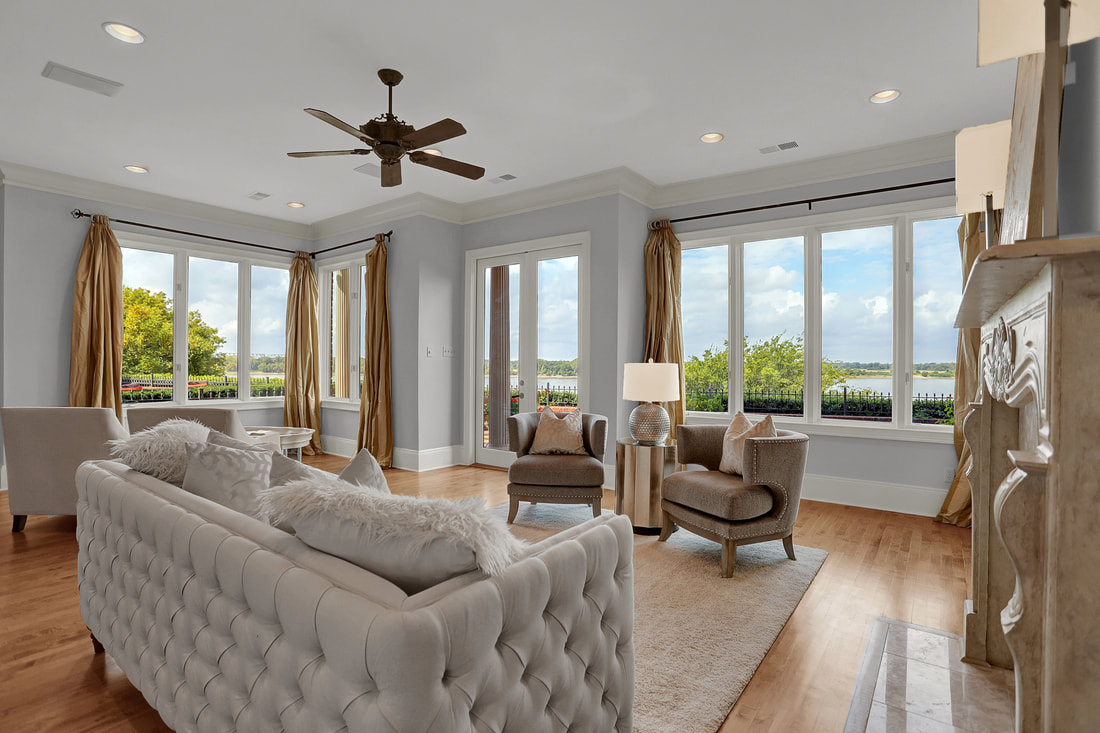
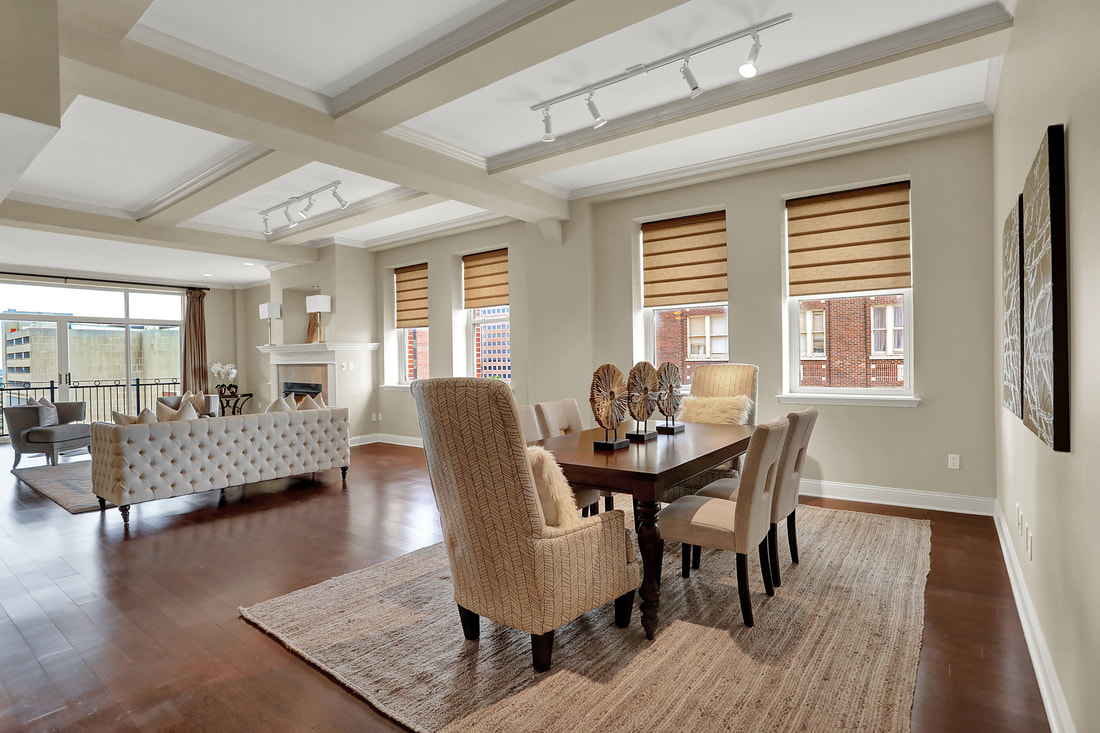
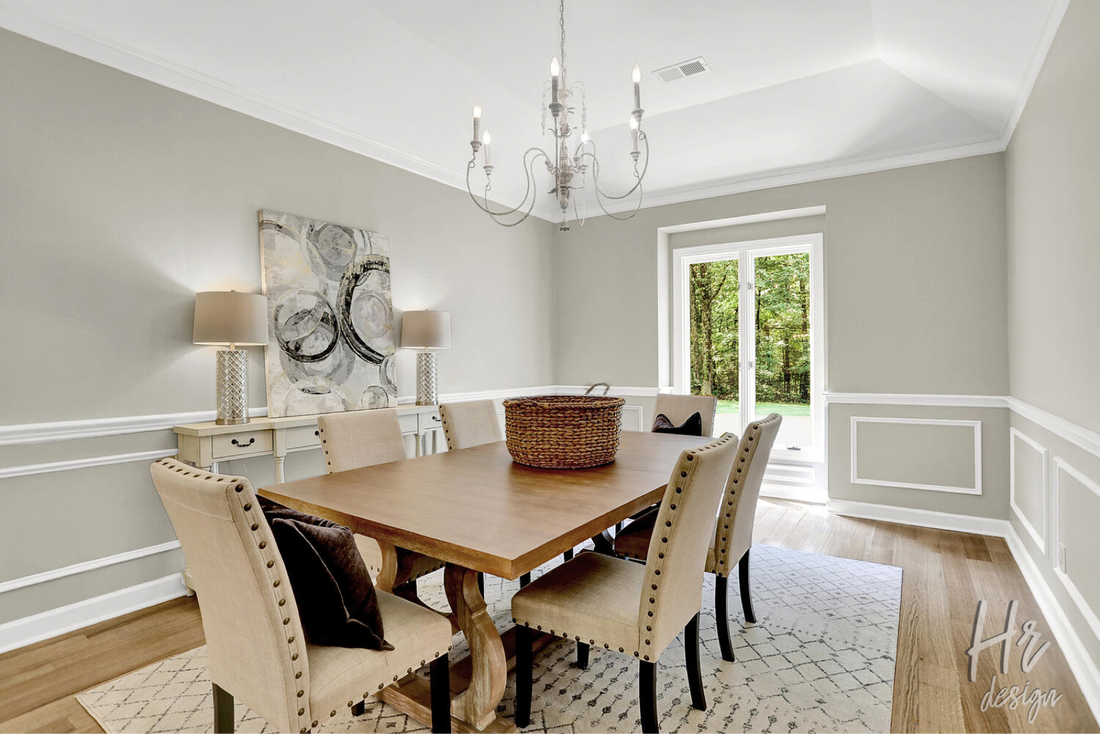
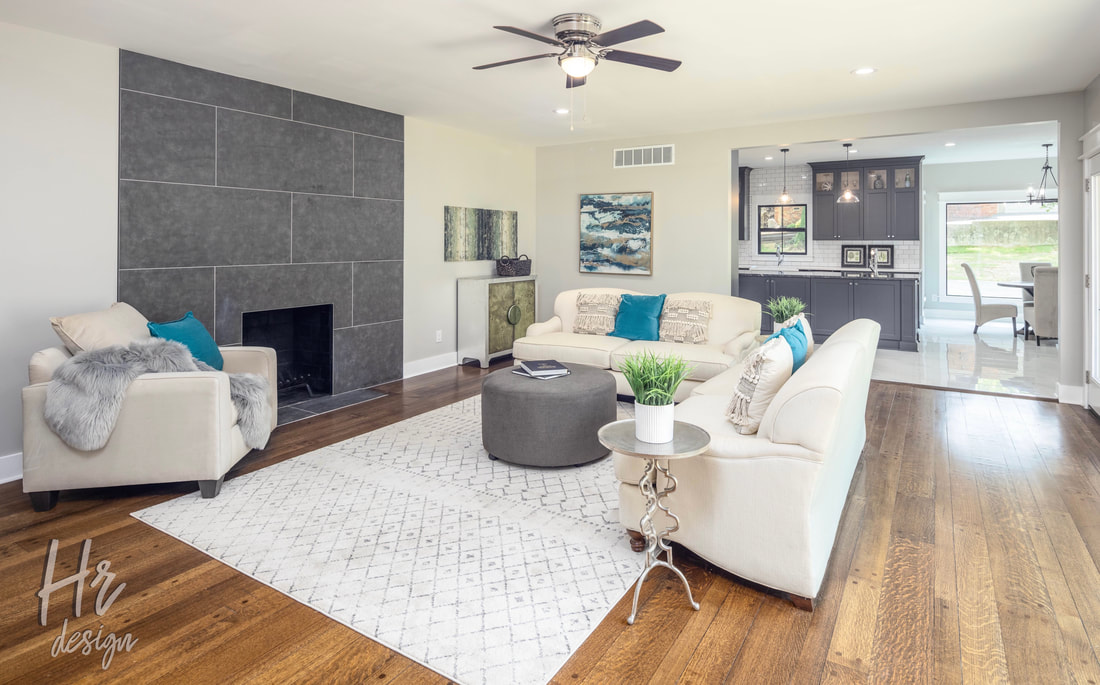
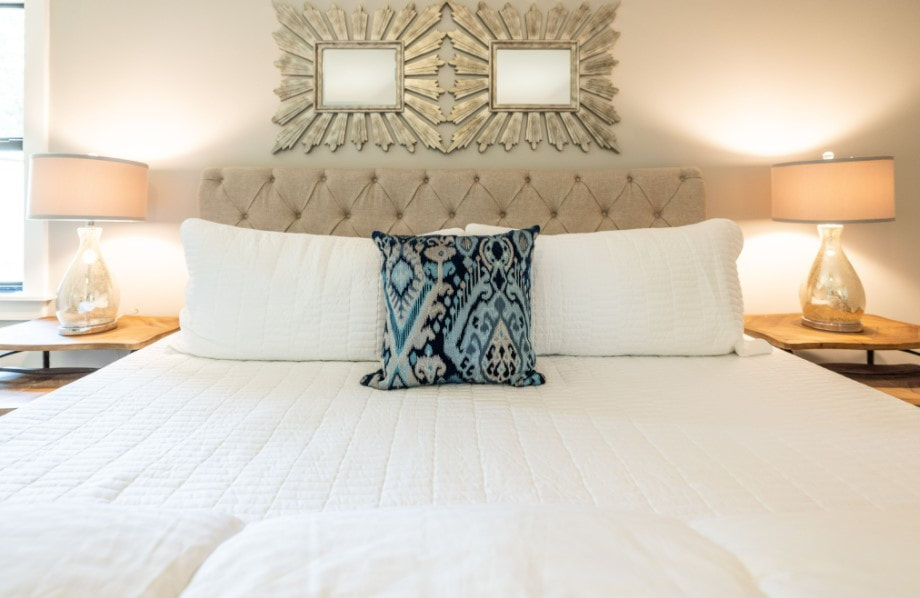
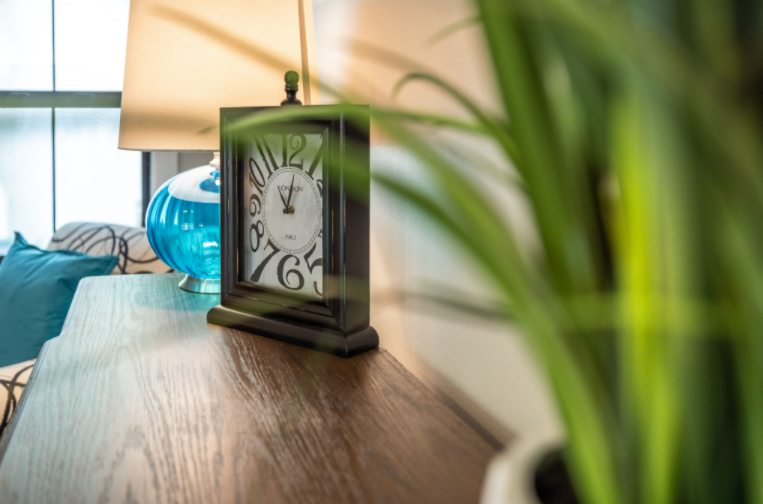
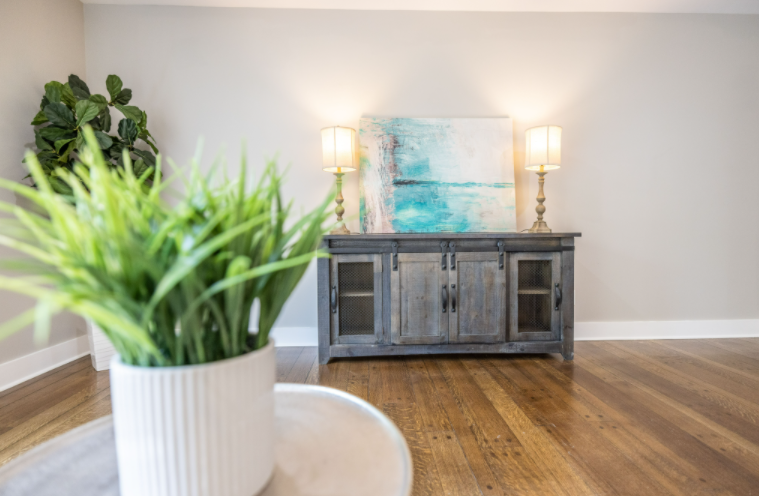
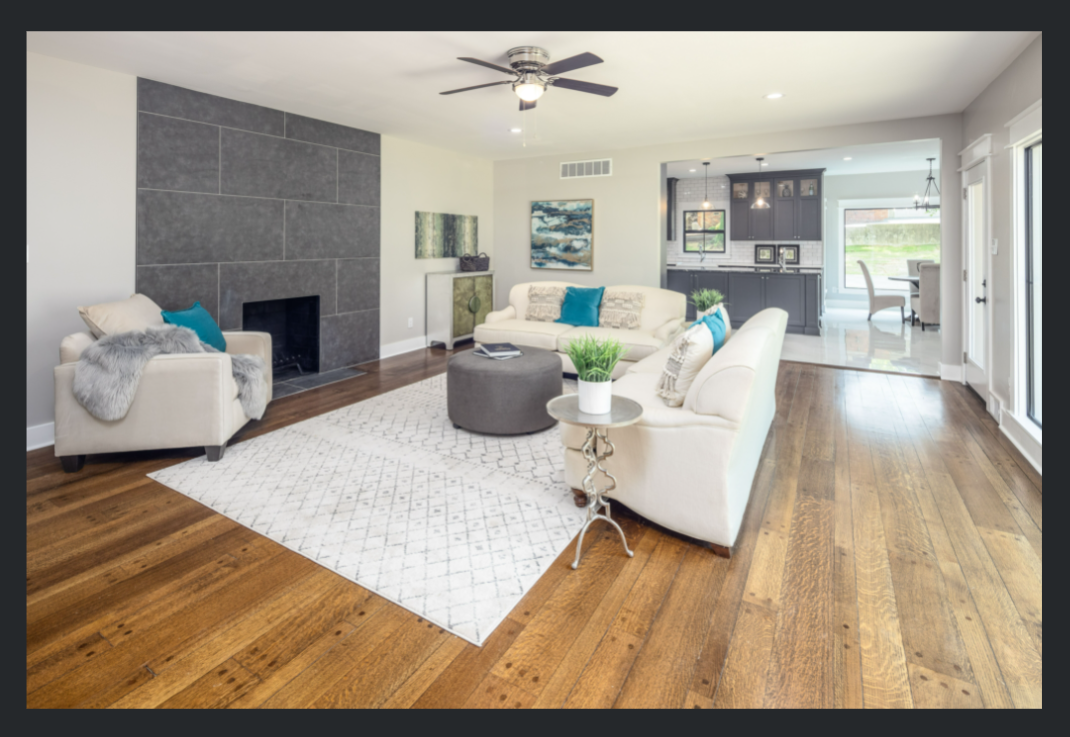
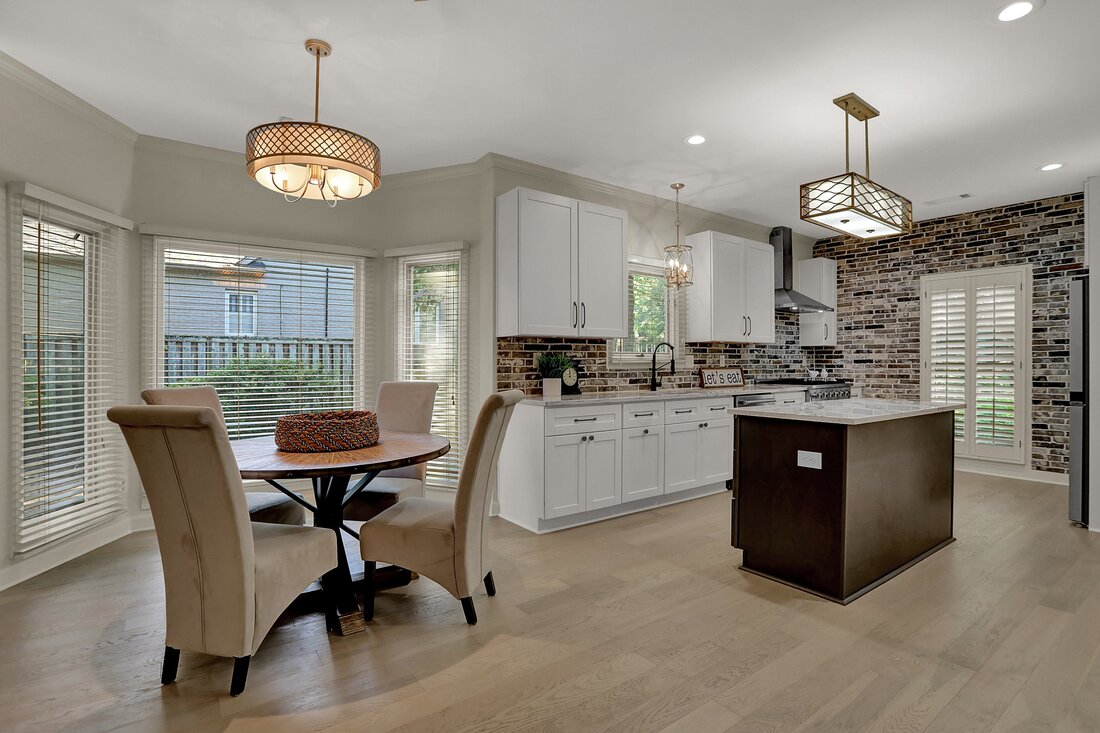
 RSS Feed
RSS Feed

